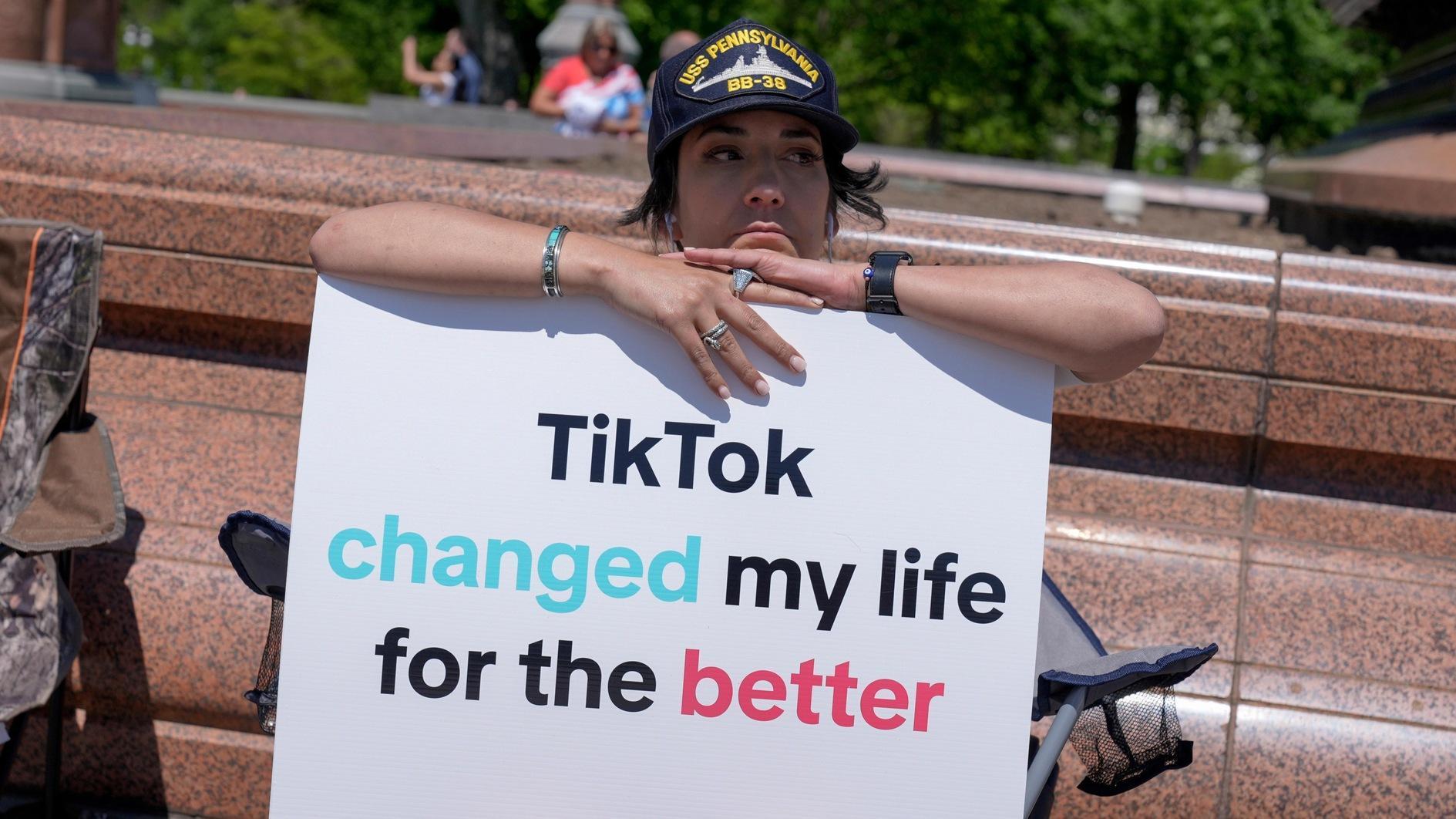Turkey to start COVID-19 vaccination mid-December, says minister
ANKARA

Turkey plans to start administering vaccines against the novel coronavirus as soon as mid-December, the country’s health minister has said.
“At least 10 million, but probably roughly 20 million doses [of the Chinese] vaccine would be procured in December, along with 20 million doses in January and another 10 million in February,” Fahrettin Koca told reporters on Dec. 1.
The Health Ministry’s Science Board is preparing plans to start vaccinating health workers after Dec. 11, he said.
The phase-3 trials of the Chinese COVID-19 vaccine, which began on Sept. 15, are also ongoing.
They include high-risk healthcare workers and medium-risk volunteers.
Vaccines are being administered to volunteers at 25 centers across 12 provinces, with the overall test sample to total 12,450.
Turkey is also in talks to buy the candidate injection developed by Pfizer and BioNTech, Koca reiterated, adding that the country is willing to buy as much as this vaccine Pzifer/BioNTEch could supply to Turkey until April.
If everything goes to plan, Turkey’s own vaccine could be available in April, the minister said, noting that the phase one works of this jab is expected to be completed around Dec. 14 and the third phase trials may start in April.
As the number of COVID-19 cases has spiked, the government this week further tightened anti-virus measures, including weeknight curfews from 9 p.m. to 5 a.m. and full weekend lockdowns to stem the spread of the outbreak.
As part of the new curbs, the number of people who can enter crowded streets and squares are now limited by local authorities while venues such as Turkish baths, saunas, massage salons, swimming pools, and amusement parks halted activities.
House gatherings, including New Year’s Eve celebrations, will not be allowed.
“A four-day curfew may be imposed starting on Dec. 31 to minimize people’s mobility,” said Professor Mustafa Necmi İlhan from the Social Sciences Board.
Such a ban may help prevent gatherings outside places and at homes, he said, reminding that a similar restriction was imposed during the past Eid al-Fitr holiday.
“The public should avoid home visits. This is what happens now: People gather at homes on Saturday nights and spend the entire Sundays together and venture outside to socialize and head back home on Sunday night. Under such circumstances, the number of virus cases rise in the following days,” İlhan said.
















